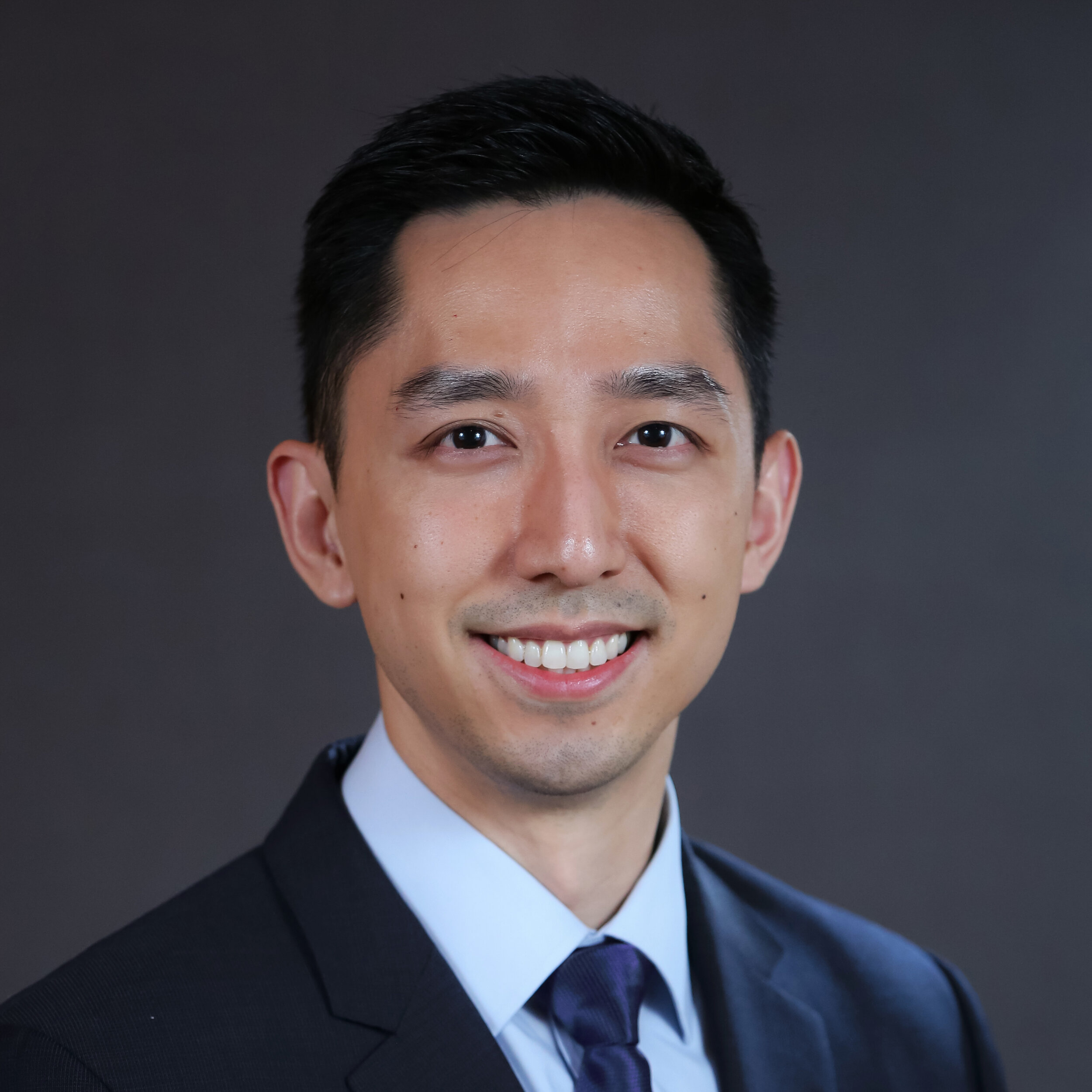Michael Fu, MD
Shoulder Rotator Cuff Repair Surgery
Shoulder rotator cuff repair surgery is a common procedure aimed at fixing tears of the rotator cuff, a group of muscles and tendons that surround the shoulder joint. These tears can result from acute injury or chronic degeneration and can lead to pain, weakness, and decreased range of motion in the shoulder. The recovery process is crucial for regaining full function and involves several stages, including immobilization, physical therapy, and gradual return to activities. This article will discuss what patients can expect during the recovery period following shoulder rotator cuff repair surgery.
Immediate Postoperative Period
Patients typically go home the same day after surgery. The first few days after surgery are focused on pain management and protecting the repair. Patients will typically leave the hospital with their arm in a sling to immobilize the shoulder and promote healing. Pain is managed with cold therapy, either through ice packs or a cold therapy machine, as well as medications including acetaminophen and opioids for short-term use.
It's essential to follow our instructions on wound care to prevent infection. This includes keeping the surgical area clean and dry and watching for signs of infection, such as increased redness, swelling, or discharge from the incision site.
Early Recovery Phase (Weeks 1-6)
During the early recovery phase, the primary goals are to reduce inflammation and begin gentle movements to prevent stiffness without compromising the repair. The sling remains a critical component of recovery, and its use is required for approximately 6 weeks. During this time, patients often feel more comfortable sleeping sitting up a bit, either in a recliner or on a wedge in bed. Patients are able to use their hand for gentle work on a computer or phone.
Physical therapy often starts at two weeks after surgery with passive exercises. A physical therapist will move the arm for the patient to help maintain joint mobility without using the repaired muscles. These exercises gradually progress to active-assistive exercises, where the patient starts to engage the muscles but with assistance.
Intermediate Recovery Phase (Weeks 6-12)
As healing progresses, the focus shifts to regaining strength and mobility. The sling is typically discontinued during this phase, and patients begin more active exercises. These exercises aim to strengthen the shoulder muscles, improve flexibility, and increase the range of motion. It's important to progress gradually and avoid activities that put too much stress on the repaired tendon.
Physical therapy becomes more intensive, incorporating resistance training and exercises that mimic daily activities. Patients may also start using light weights or resistance bands under the guidance of their therapist.
Late Recovery Phase (Months 3-6)
The late recovery phase is where significant improvements in strength and function are expected. Patients continue to advance in their exercises, focusing on strengthening the entire shoulder complex to support the repaired rotator cuff. Activities become more challenging, and the intensity of workouts increases, always under the supervision of a healthcare professional.
During this period, patients may begin to return to activities such as running and swimming, but with caution. It's essential to listen to the body and avoid overdoing it, as the tendon is still healing and strengthening.
Full Recovery (6 Months to 1 Year)
Full recovery from rotator cuff repair surgery can take anywhere from 6 months to a year, depending on the severity of the tear, the patient's overall health, and adherence to the rehabilitation program. By this stage, most patients experience significant improvement in pain, strength, and function. However, it's crucial to continue with strength and flexibility exercises to maintain shoulder health and prevent future injuries.
Factors Affecting Recovery
Several factors can influence the recovery process, including the size of the tear, the quality of the tendon tissue, the patient's age, and their overall health. Smokers and patients with certain health conditions, such as diabetes, may experience slower healing times.
Adherence to the rehabilitation program is perhaps the most critical factor in successful recovery. Patients who closely follow their physical therapist's and surgeon's instructions typically see the best outcomes.
Conclusion
Recovery from shoulder rotator cuff repair surgery is a gradual process that requires patience, dedication, and adherence to a comprehensive rehabilitation program. While the journey can be challenging, most patients can expect to return to their daily activities and enjoy a significant reduction in pain and improvement in shoulder function. It's important to maintain realistic expectations and communicate regularly with the healthcare team to address any concerns and adjust the recovery plan as needed. With the right approach, patients can achieve a successful recovery and regain a good quality of life.
About the Author
Dr. Michael Fu is an orthopedic surgeon and shoulder specialist at the Hospital for Special Surgery (HSS) in New York City (NYC) and New Jersey (NJ), the best hospital for orthopedics as ranked by U.S. News & World Report. Dr. Fu is an expert at shoulder rotator cuff repair surgery, shoulder instability surgery, and shoulder replacement. Dr. Fu was educated at Columbia University and Yale School of Medicine, followed by orthopedic surgery residency at HSS and sports medicine & shoulder surgery fellowship at Rush University Medical Center in Chicago. He has been a team physician for the Chicago Bulls, Chicago White Sox, DePaul University, and NYC’s PSAL.
Disclaimer: All materials presented on this website are the opinions of Dr. Michael Fu and any guest writers, and should not be construed as medical advice. Each patient’s specific condition is different, and a comprehensive medical assessment requires a full medical history, physical exam, and review of diagnostic imaging. If you would like to seek the opinion of Dr. Michael Fu for your specific case, we recommend contacting our office to make an appointment.

